Postpartum Depression
How to submit an article:
- Registered users can submit any published journal article that has a unique DOI (Digital Object Identifier) name or link to Research Hub.
- For example, you can paste the full DOI link:
https://doi.org/10.1109/5.771073or just the DOI name:10.1109/5.771073into the field above and click submit. - The person who is first to submit a valid article to Research Hub will forever be credited for it, and every article submission earns you +6 Research Points.
Published research studies are articles that present the findings of original research that has undergone a peer-review process and has been made publicly available in scholarly journals, books or other media.
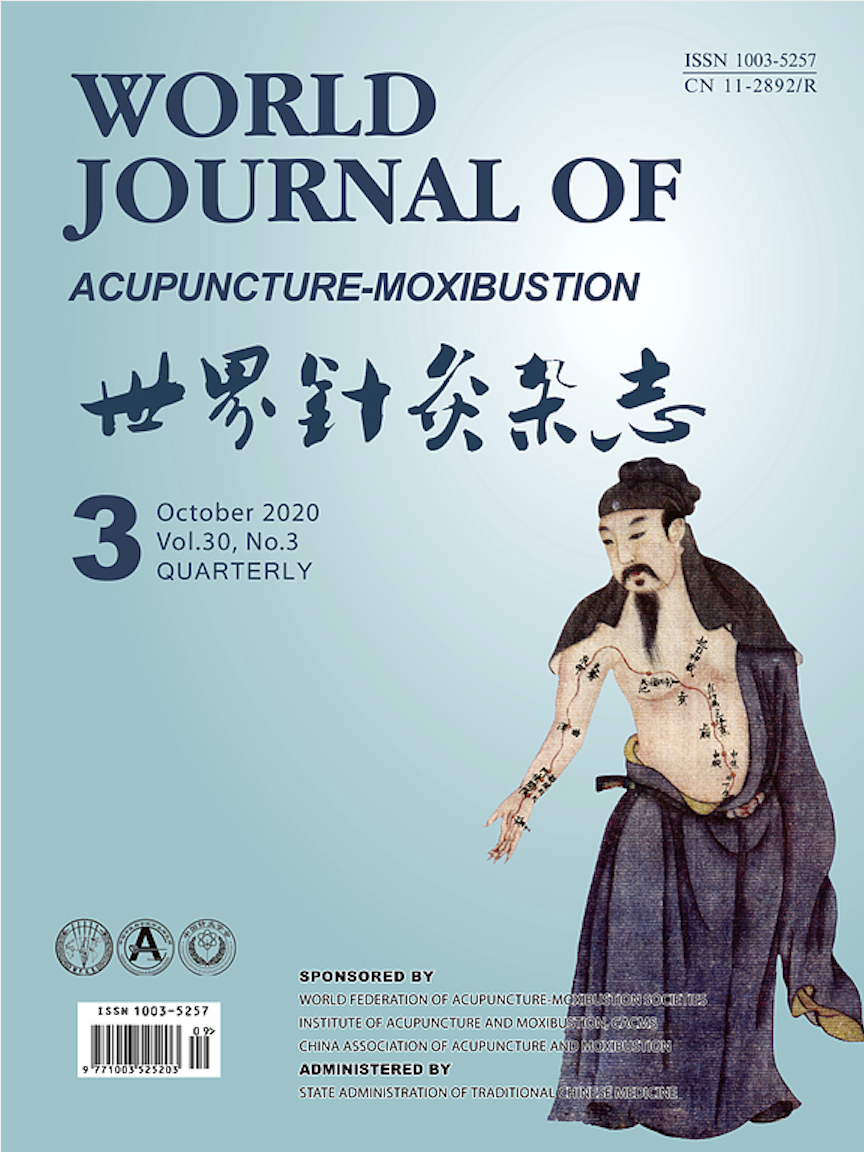
Meta analysis on acupuncture for postpartum depression
2021 Jan World Journal of Acupuncture-Moxibustion WANG, J., TAN, L., MEI, Q., et al.
Systematic Review Meta-Analysis Postpartum Depression PregnancyAcupuncture treatment for postpartum depression is effective and can improve Hamilton Depression (HAMD) Scale, Edinburgh Postnatal Depression Scale (EPDS) and serum estradiol scores.
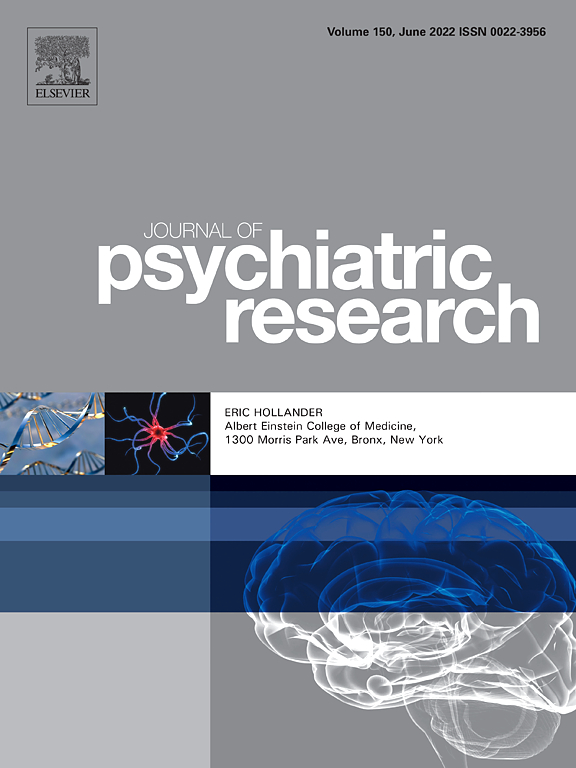
History of premenstrual syndrome and development of postpartum depression: A systematic review and meta-analysis
2020 Feb Journal of Psychiatric Research Cao S, Jones M, Tooth L, Mishra GD
Systematic Review Meta-Analysis Postpartum Depression Premenstrual Syndrome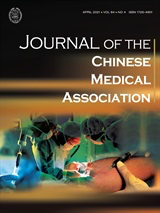
Traditional Chinese acupuncture and postpartum depression: A systematic review and meta-analysis
2019 Sep Journal of the Chinese Medical Association Tong P, Dong LP, Yang Y, Shi YH, Sun T, Bo P
Systematic Review Meta-Analysis Postpartum DepressionTraditional Chinese acupuncture seems to be effective in improving some symptoms of postpartum depression.
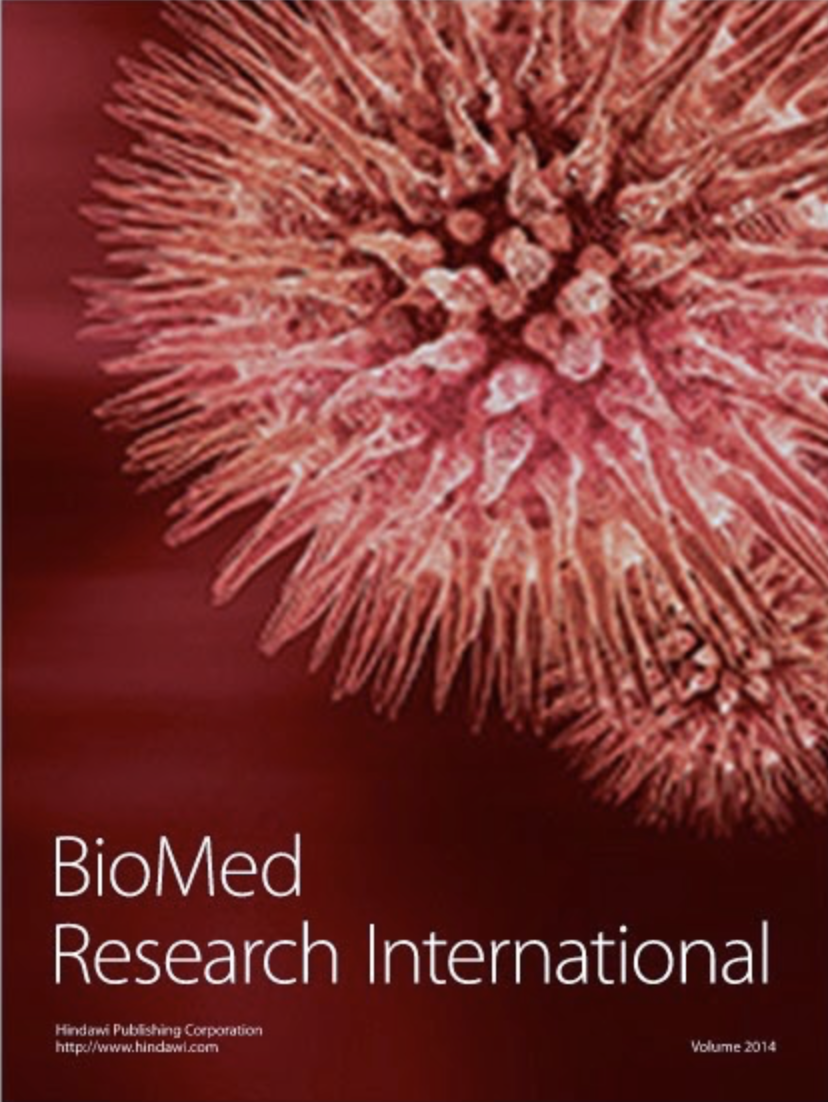
Effectiveness of Acupuncture Used for the Management of Postpartum Depression: A Systematic Review and Meta-Analysis
2019 Mar 20 BioMed Research International Li W, Yin P, Lao L, Xu S
Systematic Review Meta-Analysis Postpartum Depression PregnancyAcupuncture could reduce Hamilton Rating Scale for Depression (HAMD) scores for postpartum depression.

Acupuncture at BL67 for Mild Postpartum Depression: A Prospective Case Series
2018 Dec 12 Acupuncture in Medicine Chen Bin Tian
This study highlighted that back acupuncture points help with mild postpartum depression with patients scoring less after treatments.
Practice Guideline Review ArticleResearch insights are moderated by the Research Hub team and offer an at-a-glance overview of interesting research findings.

2021 World Journal of Acupuncture-Moxibustion
Acupuncture treatment for postpartum depression is effective and can improve Hamilton Depression (HAMD) Scale, Edinburgh Postnatal Depression Scale (EPDS) and serum estradiol scores.
Systematic Review Pregnancy
Meta analysis on acupuncture for postpartum depression
WANG, J., TAN, L., MEI, Q., et al.

2019 Journal of the Chinese Medical Association
Traditional Chinese acupuncture seems to be effective in improving some symptoms of postpartum depression.
Systematic Review
Traditional Chinese acupuncture and postpartum depression: A systematic review and meta-analysis
Tong P, Dong LP, Yang Y, Shi YH, Sun T, Bo P

2019 BioMed Research International
Acupuncture could reduce Hamilton Rating Scale for Depression (HAMD) scores for postpartum depression.
Systematic Review Pregnancy
Effectiveness of Acupuncture Used for the Management of Postpartum Depression: A Systematic Review and Meta-Analysis
Li W, Yin P, Lao L, Xu S

2018 Complementary Therapies in Medicine
Chinese herbal medicine improved depression symptoms and severity compared to antidepressants for postpartum depression.
Systematic Review
A systematic review of acupuncture and Chinese herbal medicine for postpartum depression
Yang L, Di YM, Shergis JL, Li Y, Zhang AL, Lu C, et al.
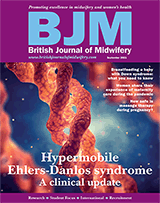
2018 British Journal of Midwifery
Acupuncture in postpartum depression was at least as effective as fluoxetine hydrochloride, supporting the notion that acupuncture may be a safe and effective option.
Systematic Review Pregnancy
Acupuncture versus antidepressants in the management of postpartum depression: A systematic review
Akari Komori, David Arthur, Samara Radford, Hsiewe Ying Tan, Li Zheng, Mira An, et al.
Review Articles
Review articles summarise and critically evaluate the current state of research on a specific topic or field by synthesising multiple primary research studies.

Meta analysis on acupuncture for postpartum depression
2021 Jan World Journal of Acupuncture-Moxibustion WANG, J., TAN, L., MEI, Q., et al.
Systematic Review Meta-Analysis Postpartum Depression PregnancyAcupuncture treatment for postpartum depression is effective and can improve Hamilton Depression (HAMD) Scale, Edinburgh Postnatal Depression Scale (EPDS) and serum estradiol scores.

History of premenstrual syndrome and development of postpartum depression: A systematic review and meta-analysis
2020 Feb Journal of Psychiatric Research Cao S, Jones M, Tooth L, Mishra GD
Systematic Review Meta-Analysis Postpartum Depression Premenstrual SyndromeThis meta-analysis found that women with a history of PMS had double the odds of developing postpartum depression. Current evidence supports a significant association between history of PMS and development of PPD. —Jinnan C 3 Oct 2022

Traditional Chinese acupuncture and postpartum depression: A systematic review and meta-analysis
2019 Sep Journal of the Chinese Medical Association Tong P, Dong LP, Yang Y, Shi YH, Sun T, Bo P
Systematic Review Meta-Analysis Postpartum DepressionTraditional Chinese acupuncture seems to be effective in improving some symptoms of postpartum depression.

Effectiveness of Acupuncture Used for the Management of Postpartum Depression: A Systematic Review and Meta-Analysis
2019 Mar 20 BioMed Research International Li W, Yin P, Lao L, Xu S
Systematic Review Meta-Analysis Postpartum Depression PregnancyAcupuncture could reduce Hamilton Rating Scale for Depression (HAMD) scores for postpartum depression.

Acupuncture at BL67 for Mild Postpartum Depression: A Prospective Case Series
2018 Dec 12 Acupuncture in Medicine Chen Bin Tian
This study highlighted that back acupuncture points help with mild postpartum depression with patients scoring less after treatments.
Practice Guideline Review ArticleClinical Trials
Clinical trials are research studies that involve people and are conducted to evaluate the safety and efficacy of new treatments or interventions, such as drugs, medical devices, or behavioural therapies.
Study Protocols
Published study protocols are detailed plans that outline the objectives, methodology, statistical analyses, and organisation of a research study that have been made publicly available for others to review and use as a reference.
Presentation Slides

Systematic Review
Acupuncture treatment for postpartum depression is effective and can improve Hamilton Depression (HAMD) Scale, Edinburgh Postnatal Depression Scale (EPDS) and serum estradiol scores.
WANG, J., TAN, L., MEI, Q., ZHENG, Q., YANG, S., & MEI, Z.

Systematic Review
Traditional Chinese acupuncture seems to be effective in improving some symptoms of postpartum depression.
Tong P, Dong LP, Yang Y, Shi YH, Sun T, Bo P

Systematic Review
Acupuncture could reduce Hamilton Rating Scale for Depression (HAMD) scores for postpartum depression.
Li W, Yin P, Lao L, Xu S

Systematic Review
Chinese herbal medicine improved depression symptoms and severity compared to antidepressants for postpartum depression.
Yang L, Di YM, Shergis JL, Li Y, Zhang AL, Lu C, Guo X, Xue CC

Systematic Review
Acupuncture in postpartum depression was at least as effective as fluoxetine hydrochloride, supporting the notion that acupuncture may be a safe and effective option.
Akari Komori, David Arthur, Samara Radford, Hsiewe Ying Tan, Li Zheng, Mira An, Rika Umeda, and Zhen Zheng

Systematic Review
Acupuncture appears to be effective for postpartum depression with respect to certain outcomes.
Li S, Zhong W, Peng W, Jiang G

Systematic Review
Chai Hu Shu Gan San (a traditional Chinese Medicine) is a promising in treating depression, especially in post-stroke and postpartum cases.
Sun Y, Xu X, Zhang J, Chen Y
Executive Summary
Write an executive summary in the form of a blog article on the topic of "Research into Chinese medicine treatment for Postpartum Depression" summarising the research below and using language that can be easily understood by patients and avoiding medical jargon using a professional and caring tone of voice.
Write an executive summary in the form of a blog article on the topic of "Researched Chinese medicine treatments for Postpartum Depression" summarising the research below in an objective and easy to understand way, and using language that can be easily understood by patients. Group the article into Chinese medicine treatments first, followed by nutrition and other treatments. Avoid using medical jargon and use a professional and caring tone of voice.
Write me a concise but easy to understand executive summary on the topic of "Chinese medicine treatments for Postpartum Depression" based on the following research that I will give you. Your summary should be 2 paragraphs long in Australian English spelling and include references to the studies.
A Systematic Review published in 2021 in the journal World Journal of Acupuncture-Moxibustion found that Acupuncture treatment for postpartum depression is effective and can improve Hamilton Depression (HAMD) Scale, Edinburgh Postnatal Depression Scale (EPDS) and serum estradiol scores. Meta analysis was conducted in the literature in recent 10 years relating to clinical randomized controlled trials of acupuncture in treatment of postpartum depression, which provided references for acupuncture in treatment of postpartum depression. Fourteen articles were included in this study, among which, acupuncture group was set as treatment group, and oral administration of fluoxetine as control group in 4 articles; acupuncture group was set as treatment group, and oral administration of maltodextrin granules as control group in 2 articles. The differences in the 6 articles were statistically significant, without interference from other compound factors.
A Systematic Review published in 2019 in the journal Journal of the Chinese Medical Association found that Traditional Chinese acupuncture seems to be effective in improving some symptoms of postpartum depression. A total of 887 PPD patients from 12 randomised controlled trials were included in the quantitative meta-analysis, with 443 patients in the treatment group and 444 patients in the control group. Patients in the acupuncture group had significantly better performances assessed by the Hamilton Depression Scale than those in the control group, and the pooled MD was −1.27 (95% CI: −2.55 to 0.01; p = 0.05, I2 = 83%) in the random-effect model. In addition, significantly better performance in the effective rate was observed in the acupuncture group than in the control group, and the pooled RR was 1.20 (95% CI: 1.09 to 1.33; p < 0.0001, I2 = 46%). However, in subgroup analysis for the acupuncture therapy alone, only effective rate showed a significantly better performance.
A Systematic Review published in 2019 in the journal BioMed Research International found that Acupuncture could reduce Hamilton Rating Scale for Depression (HAMD) scores for postpartum depression. Though our meta-analysis revealed that acupuncture had a lower efficacy compared to other antidepression treatments, symptoms of depression relief were observed in the majority of the studies analysed. These findings indicate that although the efficacy of acupuncture was lower compared to antidepressants, the benefits of acupuncture were still attractive to women with postpartum depression due to their negligible side-effects. In summary, despite the limitations mentioned above, this current systematic review suggests that acupuncture could reduce HAMD scores. However, EPDS, clinical response, and serum estradiol levels were unaffected by acupuncture treatment. Furthermore, our analysis revealed that treatment efficacy was variable and depended on the control types used. Large-scale and well-designed RCTs are required before a conclusive statement could be made regarding the efficacy of acupuncture for the treatment of postpartum depression.
A Systematic Review published in 2018 in the journal Complementary Therapies in Medicine found that Chinese herbal medicine improved depression symptoms and severity compared to antidepressants for postpartum depression. This systematic review provides up-to-date evidence of acupuncture and Chinese herbal medicine for postpartum depression. We found Chinese herbal medicine improved depression symptoms and severity compared to antidepressants. Acupuncture was neither superior nor inferior to sham or antidepressants. Adverse events were similar to sham/placebo and less than antidepressants. The full extent of the effect remains inconclusive due to poor quality extant randomized controlled trials.
A Systematic Review published in 2018 in the journal British Journal of Midwifery found that Acupuncture in postpartum depression was at least as effective as fluoxetine hydrochloride, supporting the notion that acupuncture may be a safe and effective option. Of the 1592 studies reviewed, three met the inclusion criteria for quantitative analysis. Two studies reported no significant differences between acupuncture and fluoxetine for depression, while the third reported significant improvements.
A Systematic Review published in 2018 in the journal Acupuncture in Medicine found that Acupuncture appears to be effective for postpartum depression with respect to certain outcomes. Nine trials involving 653 women were selected. The result of this meta-analysis demonstrated that the acupuncture group had a significantly greater overall effective rate compared with the control group. Moreover, acupuncture significantly increased oestradiol levels compared with the control group. Regarding the Hamilton Rating Scale for Depression (HAMD) and Edinburgh Postnatal Depression Scale (EPDS) scores, no difference was found between the two groups.
A Systematic Review published in 2018 in the journal BMC Complementary Medicine and Therapies found that Chai Hu Shu Gan San (a traditional Chinese Medicine) is a promising in treating depression, especially in post-stroke and postpartum cases. The review assessed the efficacy of Chai Hu Shu Gan San, a traditional Chinese medicine, in treating depression. Out of 560 initial studies, 42 trials met inclusion criteria. These studies were conducted in China from 2006 to 2016, involving 3234 patients with depression. Chai Hu Shu Gan San demonstrated better efficacy compared to controls, especially in post-stroke and postpartum depression. However, the methodological quality of the included studies was assessed as low, with high risks of bias. While Chai Hu Shu Gan San showed promise, further rigorously designed randomized controlled trials are needed for a conclusive evaluation of its safety and efficacy in treating depression.
Moderation Tools
Topic
Sign In
Users not signed in are limited to viewing the 5 most recent items of content.

This meta-analysis found that women with a history of PMS had double the odds of developing postpartum depression. Current evidence supports a significant association between history of PMS and development of PPD. —Jinnan C 3 Oct 2022